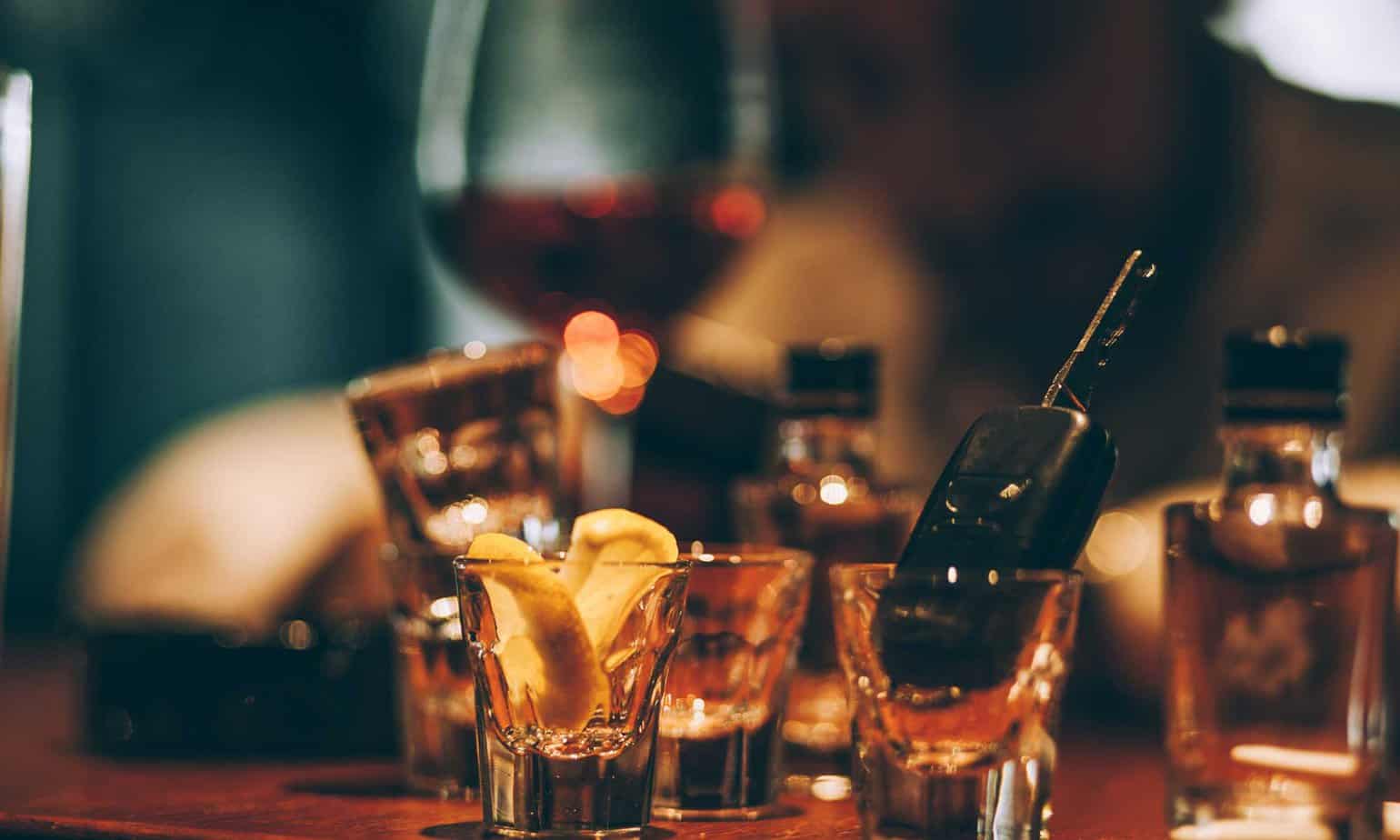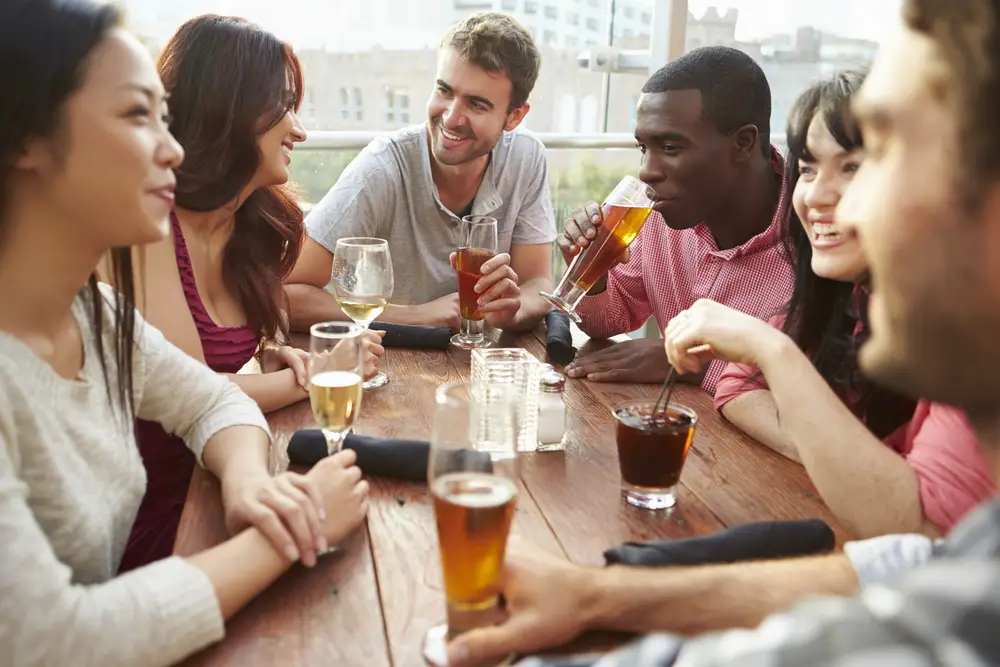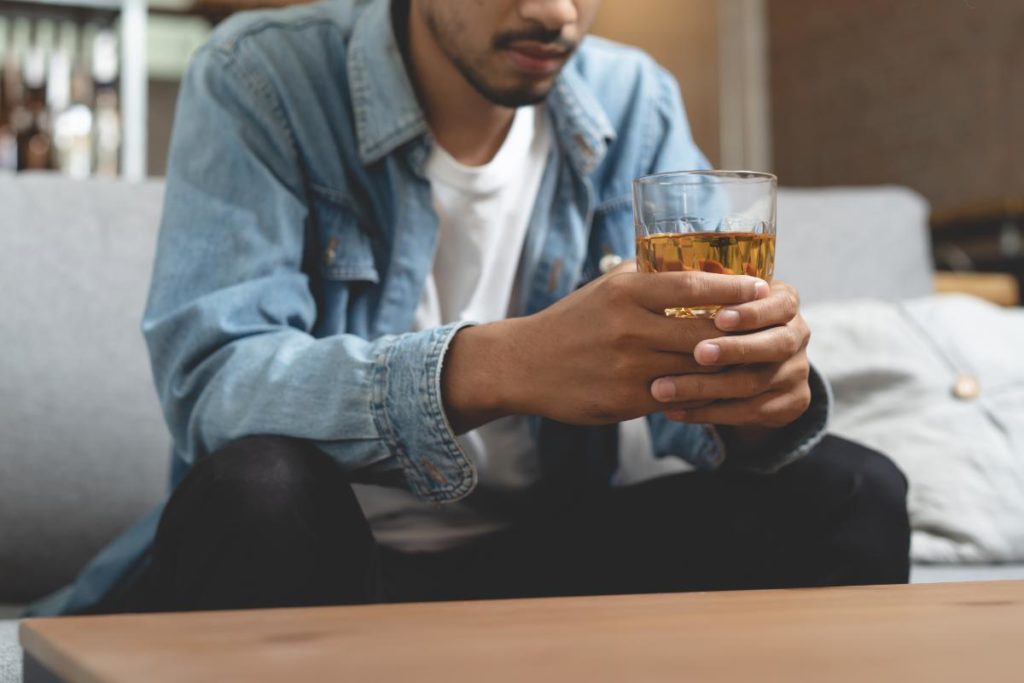Many people believe that drinking alcohol is a social activity and fun but seldom have they known about its long-lasting side effects. The one who is drinking should stay aware of its outcomes. Especially if you are diabetic, you should take into consideration that the alcohol you would consume can harm your body by disturbing the blood sugar levels, and the intake can form fatal effects on the body of a diabetic person.
Table of Contents
ToggleWhat is Alcohol Intoxication?

The term “Alcohol Intoxication” refers to the situation where a person is drunk and a huge amount or higher amount of alcohol is in his bloodstream. This can cause severe problems like change in behavior, impaired judgment, improper coordination, and slurry speech.
Diabetic individuals do not get intoxicated more quickly than non-diabetic individuals. You should be aware of the fact that drinking alcohol is directly associated with blood sugar levels. Any disturbance in the level can decrease blood sugar to a lower and more dangerous level, leading to hypoglycemia and diabetic ketoacidosis.
Both of the diseases are dangerous, and emergency knocks at the door when such a condition arrives. It is prescribed to diabetic people that they should choose to eat healthy food instead of getting drunk. Moreover, a diabetic person is advised to keep something like a snack (always) with him while traveling or while drinking alcohol, as the case can be converted from minor to fatal within minutes.
Diabetics and Non-Diabetics
As mentioned earlier, diabetics and non-diabetics both get drunk at the same speed. Alcohol can be very dangerous for people suffering from diabetes as it can cause a sudden decrease in overall blood sugar levels, but for this, the amount of alcohol being consumed should be fairly higher than moderate.
On taking the same amount of alcohol, both diabetics and non-diabetics get the same results. In case of taking more amounts in, diabetics can face the severity of hypoglycemia and ketoacidosis. Hypoglycemia can further lead to hungriness, low blood sugar levels, anxiety, and shakiness of the body. Whereas, Ketoacidosis works on forming more ketones in the body which can lead to the building of more acidic compounds in one’s blood.
Coma
A coma is a situation where one loses his ability of senses and is seen as unconscious and more like a dead person. Diabetics, when they drink higher amounts of alcohol, can face this situation. For diabetic people, it can become a life-threatening situation. Many people don’t really know about a coma. It is generally a situation where one is alive but isn’t able to see, speak, touch, move, smell, hear, respond, etc. It can also be linked with hyperglycemia as this condition is chained with hyperglycemia when drinking alcohol isn’t stopped.
Blood Sugar Levels and Alcohol
It has been told earlier that alcohol can directly react to disturb the overall blood sugar level. Your blood sugar level will increase or decrease; it is all dependent upon the type of diabetes you have. Type 1 Diabetes will simultaneously drop the level of blood sugar, whereas Type 2 Diabetes will raise the level of blood sugar.
If, even after being diabetic, you have chosen to drink, you should be aware of the type of diabetes you have, or either it raises your blood sugar level, or you see a drop. Closely pay attention to the reaction of the blood sugar level in your body. The reaction to the alcohol might not stop till several hours after drinking.
If you really want to drink alcohol, being diabetic, you should drink it with responsibility. There are three types of drinking, high, low, and binge. Once you have brought in alcohol, avoid binge drinking. If you want to try several drinks or alcoholic beverages, you should also drink water in between. If you are diabetic and you have witnessed some health issues, consult your doctor as soon as possible.
Diabetes and the Effects of Alcohol

Diabetes can be lethal when alcohol comes along. It has been recorded that the increase in blood sugar level of diabetic people is due to moderate drinking habits (only about those who drink), and the higher the intake gets, the lower the blood sugar level drops.
Wine and several beers are sweet in taste, and they can raise blood sugar levels. Stimulation of appetite also occurs due to drinking alcohol. So, overeating can also increase the blood sugar levels. If you want to lose weight, you can do it by saying no to alcohol, as most beverages of alcohol are sweet and contain calories.
You lose your willpower and judgmental abilities, and it may make you decide poorly and make poor choices of food to eat. If you are being medicated with insulin, the positive effects of insulin might get changed into negative ones due to consuming alcohol.
The triglyceride levels might also increase by the uptake of alcohol. It can also raise your blood pressure and cause severe problems of nausea and flushing, increase the rate of the heart (heartbeats), and might cause you to form slurry speeches (people won’t be able to understand what you are saying or what you want to convey).
Alcohol Intake with Diabetes Dos and Don’ts
| Dos | Don’ts |
| Drink alcohol only when you are eating food for better digestion. | Do not drink more than 2 drinks per day (male) and 1 drink per day (female). |
| Drink the alcohol slowly. | Do not drink it fast, as it can react faster. |
| Use with liquor water, club soda, or diet soft drinks. | Do not drink it fast as it can react faster. |
Conclusion
Drinking alcohol gets you drunk at the same speed whether you are a diabetic person or not. The only difference which occurs between them is that the reactions of diabetic people are more adverse and severe than non-diabetics ones. If you are a patient with diabetes, you should make it clear in your mind that you should be aware of the type of sugar you have and what effects it might bring with your intake of alcohol.

I am a passionate beer connoisseur with a deep appreciation for the art and science of brewing. With years of experience tasting and evaluating various beers, I love to share my opinions and insights with others and I am always eager to engage in lively discussions about my favorite beverage.
















